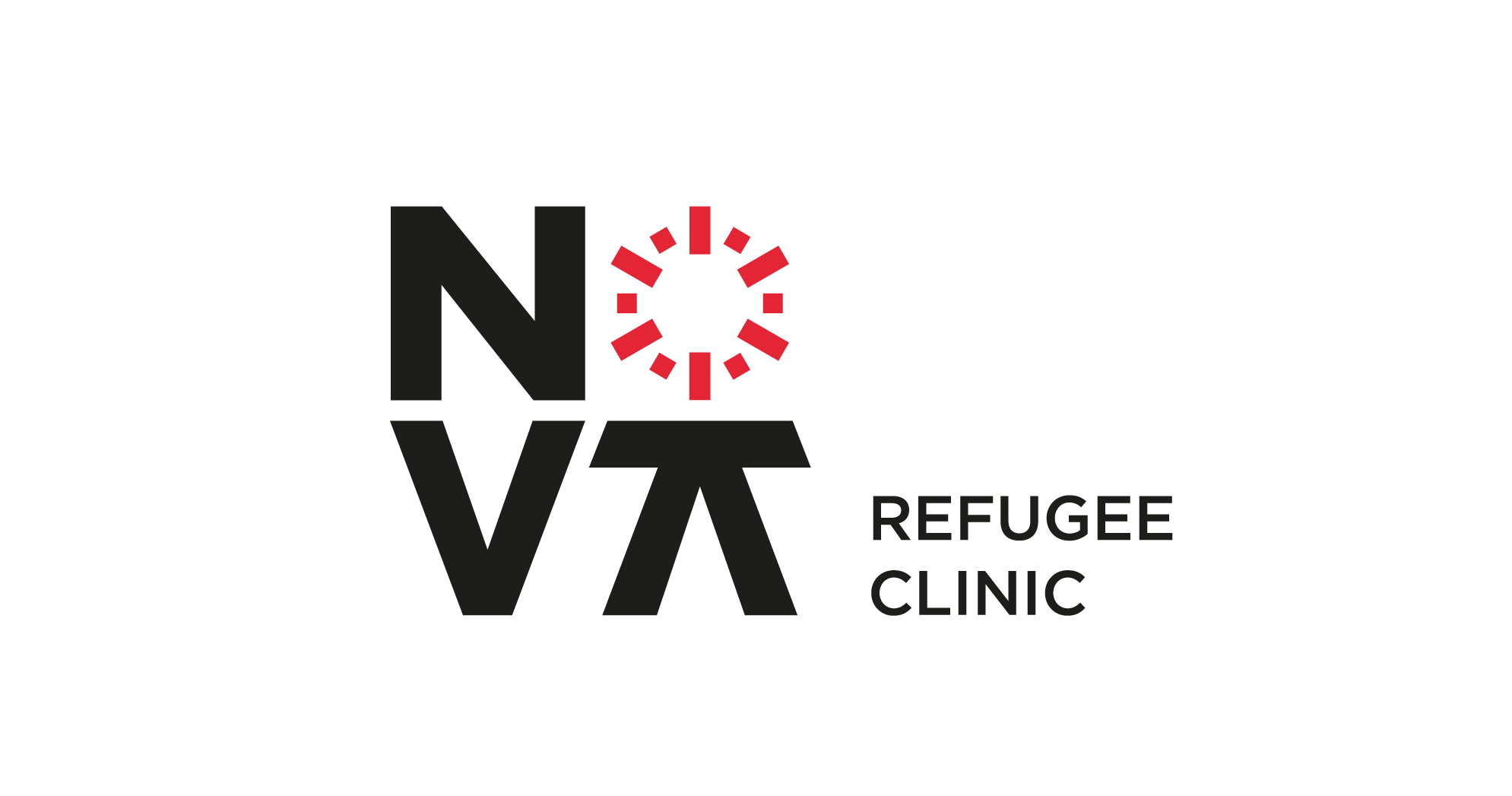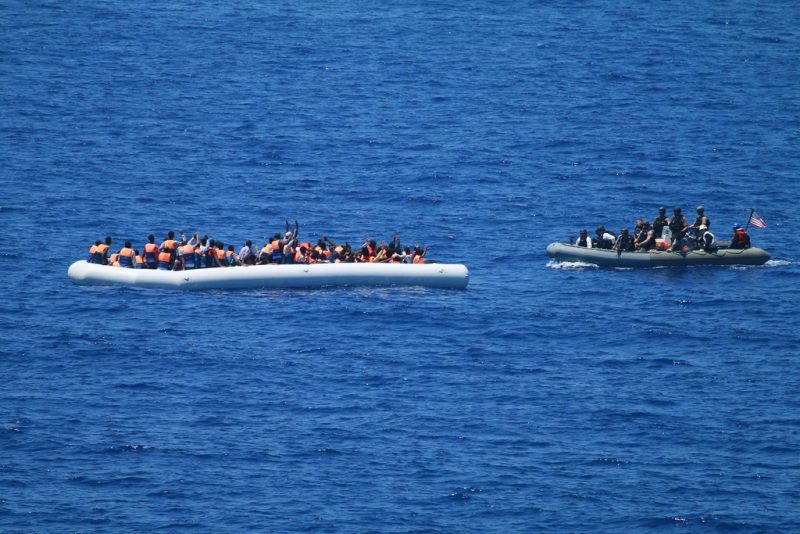A common misconception is that all refugees worldwide fall under the Provisions of the 1951 UN Convention relating to the Status of Refugees (Refugee Convention). The present blog post will explore how this is not the case when referring to Palestinian refugees, briefly revisiting a) the events that led to the massive displacement of Palestinians, b) the undertaken measures to assist Palestinian Refugees under UNWRA Mandate, c) the scope of Article 1(D) of the Refugee Convention and d) how it has been interpreted within the Common European Asylum System (CEAS).
O Regulamento (UE) 604/2013 (Regulamento Dublin III) estabelece os critérios para a determinação do Estado Membro, no seio da União Europeia, responsável pela análise de um pedido de proteção internacional. Nesse prisma, o principal objetivo do Sistema de Dublin (no qual o Regulamento Dublin III se insere) é garantir a redução do número de requerentes de asilo em órbita e, simultaneamente, impedir a prática do asylum shopping, isto é, da apresentação de pedidos múltiplos em vários Estados-Membros. Nesse sentido, o Regulamento estabelece que apenas um Estado Membro será responsável pela análise de um pedido, responsabilidade essa determinada por via de uma lista de critérios, que são apresentados de forma hierárquica e que se apresentam como critérios especiais – atinentes aos menores e aos membros da família – e gerais. O presente texto visa, portanto, traçar breves notas sobre os critérios de determinação estabelecidos no Regulamento de Dublin.
The practice of accusing non-governmental organizations of aiding illegal migration, by rescuing and delivering them to a place of safety, has become frequent in recent years. This raises the question of whether rendering assistance to smuggled migrants falls under the duty to render assistance at sea or under the scope of the definition of smuggling of migrants.
A chegada de refugiados a Portugal tem colocado desafios prementes e constantes às políticas de acolhimento, nomeadamente, no que diz respeito ao acesso a determinados direitos sociais, tais como o direito à habitação, à saúde, à educação, ao trabalho, etc.
No que se refere ao acesso ao direito ao trabalho, destacamos a importância da aprendizagem da língua do país de acolhimento, bem como da promoção de ações de formação profissional e do reconhecimento das qualificações académicas obtidas no país de origem como factores essenciais para uma rápida e eficaz integração na sociedade de acolhimento.
Madalena Dória[1] Introduction Every year, thousands of children serve as child soldiers across the world. In 2019, some 7.747 children were verified as recruited and used as young as six years old. Among them, 90 per cent were used by non-State actors.[2] Even though there is no agreed definition in international law, the term usually refers to any person below
Tendo em conta a utilização frequente de conceitos indeterminados em normas relacionadas à aplicação da pena acessória de expulsão, nomeadamente, no art. 151, nº 3, da Lei de Estrangeiros (Lei nº 23/2007), torna-se premente a necessidade de concretização destes conceitos. Tal necessidade passa por uma averiguação doutrinária e jurisprudencial da matéria em questão, através da qual chegaremos à conclusão de que a “ordem pública” constitui uma realidade normativa geral, enquanto a “segurança pública” (às vezes referida como “segurança interna”) e a “segurança nacional” são, não apenas elementos constitutivos daquela, mas meios indispensáveis para preservá-la. Por outro lado, mediante o escrutínio breve realizado à jurisprudência europeia, depreender-se-á que, se o Tribunal de Justiça da União Europeia (TJUE) compreende a “segurança pública” e a “segurança nacional” como sendo dois significantes para o mesmo significado, já o Tribunal Europeu dos Direitos do Homem (TEDH) adota uma distinção entre estes dois conceitos com base na própria Convenção Europeia dos Direitos do Homem (CEDH).
A perseguição de pessoas com base na sua orientação sexual tem merecido uma crescente atenção dos organismos internacionais. No entanto, alguns Estados tem tido uma abordagem que pode não observar as especificidades de um pedido de asilo desta natureza. Partindo de notícias que reportam ao indeferimento de pedidos de asilo no Reino Unido, esta reflexão procura olhar para a complexidade destes pedidos de asilo, cruzando-os com as boas práticas internacionais.
The present post attempts to discuss the fundamental right to asylum as enshrined in the Portuguese Constitution, aiming to identify which exact asylum grounds it entails and what is the extent of the protection it actually offers. Beginning with a brief analysis of Art. 33, its ratio and historical foundations, it is argued that a literal and therefore narrow interpretation could lead to insufficient constitutional protection of asylum seekers in Portugal. This brief analysis aims to overcome the restrictive conception of the right to asylum that results from the written constitutional law, by reviewing key judicial decisions and doctrine, claiming that a broader interpretation of the asylum protection in the Portuguese Constitution could lead to an enhancement of the protection of aliens in Portugal.
The 1951 Refugee Convention (hereafter “The
Convention”) sets down the definition and the legal context of those seeking asylum
under a lawful framework that protects every foreigner who fits into the
definition of a “Refugee”.
However, the exhaustive list of Article 1 does not provide any category that can cover women’s needs in terms of their reproductive rights and their inability to enjoy them. A grant for asylum should be, in the end, about the protection of those who fear persecution for exercising their rights; therefore, not being able to voluntarily interrupt its pregnancy or having the possibility of growing its family is against one’s right to self-determination and yet, it is still one of the major factors for oppression in multiple countries in the World.
Considering that reproductive rights are human rights, this paper aims to find any gap in the definition of a “Refugee” according to Article 1 of The Convention, that, effectively, inhibits women of obtaining the fair protection they deserve, and consequently, final remarks about a narrow definition will be reflected upon for the purposes of this analyses.
Não há grandes informações sobre o envolvimento de Refugiados ou Requerentes de Asilo nos chamados “correios de droga”, conduta inserida no crime de tráfico de droga, apesar de surgirem casos como o dos Rohingya, em que traficantes de droga se aproveitam da condição fragilizada destas pessoas para levá-las a transportar estupefacientes como forma de escape às suas miseráveis condições de origem. Não há qualquer regime jurídico específico de proteção penal dos mesmos, sendo este artigo uma tentativa de entender quais as hipóteses de proteção que o ordenamento jurídico português oferece aos refugiados e requerentes de asilo, nesta situação.










